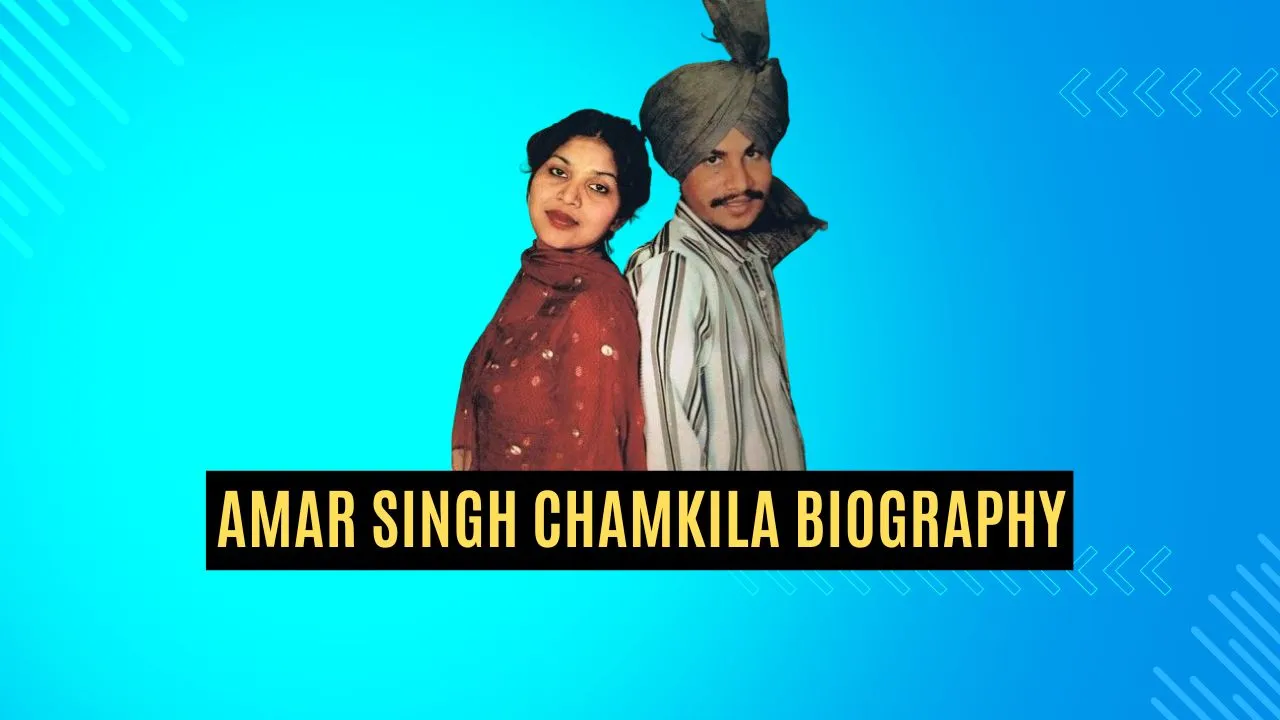Honey Singh Biography: In the colorful tapestry of Punjabi music, one name stands out as a trailblazer and trendsetter: Honey Singh. With his infectious beats, catchy lyrics, and charismatic persona, Honey Singh has carved a niche for himself in the world of Indian music, elevating Punjabi rap to international acclaim and redefining the sound of modern-day Bollywood. From humble beginnings to global stardom, his journey is a testament to the power of talent, perseverance, and the enduring spirit of Punjab.
Honey Singh Biography
Early Life and Musical Roots:
Born as Hirdesh Singh on March 15, 1983, in Hoshiarpur, Punjab, India, Honey Singh was raised in a traditional Punjabi household with a deep appreciation for music. From a young age, he displayed a natural talent for rhythm and rhyme, often entertaining his family and friends with impromptu performances. Inspired by the vibrant sounds of Punjabi folk music and the emerging hip-hop culture of the West, Honey Singh began experimenting with rap and beatboxing, fusing the two genres to create his own unique style.
Rise to Stardom:
Honey Singh’s rise to stardom began in the early 2000s when he burst onto the Punjabi music scene with a series of underground hits that showcased his lyrical prowess and infectious energy. His breakthrough came with the release of the album “Peshi” in 2006, which featured the chart-topping single “Goliyan,” a high-energy track that showcased his signature blend of Punjabi folk and urban hip-hop.
As his popularity soared, Honey Singh’s music caught the attention of Bollywood producers, who were eager to tap into his unique sound and appeal. In 2011, he made his Bollywood debut with the hit film “Shakal Pe Mat Ja,” which featured his song “Angreji Beat” and catapulted him to mainstream success. From there, Honey Singh became a fixture in the Bollywood music scene, churning out hit after hit and collaborating with some of the industry’s biggest stars.
Controversy and Challenges:
Despite his meteoric rise to fame, Honey Singh’s career has not been without its share of controversy and challenges. In 2013, he faced backlash for the misogynistic and derogatory lyrics of some of his songs, which were criticized for promoting violence against women and perpetuating harmful stereotypes. The controversy led to widespread protests and calls for a ban on his music, forcing Honey Singh to take a step back from the limelight and reevaluate his approach to songwriting.
In addition to the controversy surrounding his lyrics, Honey Singh has also faced criticism for his personal life, including allegations of substance abuse and erratic behavior. However, he has always maintained that he is committed to his music and his fans, and has worked hard to overcome these challenges and rebuild his reputation.
Awards and Recognition:
Despite the controversies that have surrounded his career, Honey Singh’s talent and impact on the Indian music industry are undeniable. Throughout his career, he has received numerous awards and accolades for his contributions to Punjabi and Bollywood music, including several Punjabi Music Awards and Filmfare Awards.
In addition to his national honors, Honey Singh has also been recognized internationally for his music, earning him a dedicated fan following and critical acclaim in markets around the world. His songs continue to be cherished by audiences, serving as a testament to his enduring legacy in the world of Indian music.
Legacy:
As we reflect on the life and legacy of Honey Singh, it becomes evident that his impact on the Indian music industry is profound and enduring. His innovative blend of Punjabi folk and hip-hop influences has inspired a new generation of musicians and reshaped the sound of modern-day Bollywood. Though he may have faced his share of controversies and challenges, Honey Singh remains a true pioneer and visionary, pushing the boundaries of creativity and redefining the possibilities of Punjabi music.
As he continues to evolve and grow as an artist, one thing is clear: Honey Singh’s legacy will continue to shine brightly in the annals of Indian music for years to come.

